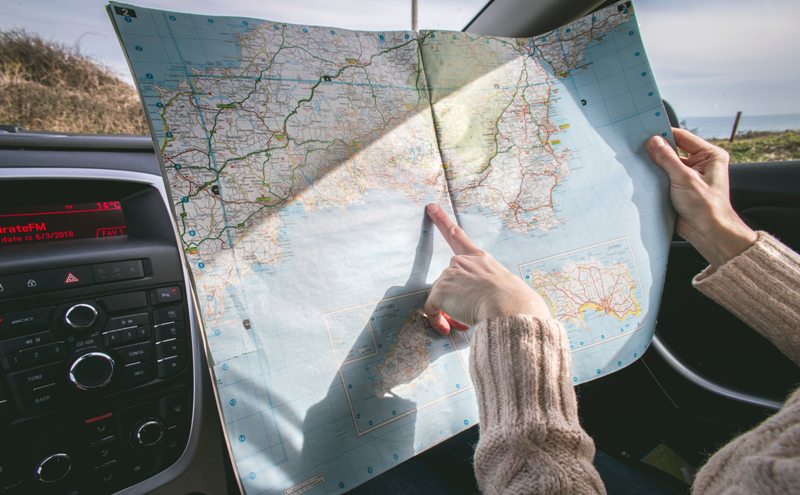Getting ready for a new adventure overseas? Lucky you! Travelling of any kind is renowned for being ‘good for the soul’, although who first said that remains unclear. However, this is probably because it feels more like a fact than a firm belief. Seeing more of the world is a great way to broaden one’s horizons, so actually relocating and genuinely living in another country takes that experience to a whole new level!
That’s after you’ve actually made the move, of course, which isn’t always the most pleasant and straightforward experience. There’s the vast paperwork side of things to take care of, before you even begin to tackle the moving of possessions and valuables. What do you leave behind? Do you use a removals company? If so, which one?
Another question that’s worth answering is how much of the move you make yourself. If you’re already taking your vehicle with you, you could cut down on your moving costs significantly by using a trailer when you move.
Moving with a trailer 101

Up until this point in your life, you may have only used your trailer for work or taking rubbish or garden waste to the tip. Even though most trailers have nothing in terms of volume, when compared to something like a removals van, if you’re not moving that much (or are dangerously close to needing a second van!), your trailer could be just the space you need as you relocate.
First of all, you’ll need to know the towing weight limit of your vehicle, which you’ll find in that vehicle’s manual. The weight you see in this document details the total ‘towing capacity’ of your vehicle, which is the weight of the trailer itself and the contents it carries. It’s absolutely essential that you know this before you travel, as overloading your car, even unintentionally, could invalidate your insurance.
Furthermore, on insurance, you’ll need to know if the contents of your trailer are covered by your existing policy or whether you’ll need to consider taking out additional trailer insurance. An added complication, given your exciting relocating circumstances, are the towing regulations in the countries that you’ll drive through as you travel. MoneyBeach’s comprehensive guide on trailer insurance will explain more about what you need to prepare to ensure your trailer and contents are covered.
Tips for handling that trailer on the road
When you set off, it goes without saying that you should drive safely with your trailer attached. However, another crucial thing to remember is to check its lights are working before you set off. You also need to be extra vigilant when using your mirrors and reversing, as well as taking occasional stops to check the trailer during your journey.
However, with these basic ‘safety first’ approaches mastered, as long as your trailer is fully secured, you are unlikely to bump into many difficulties (do look out for actual bumps in the road, though!). Ultimately, your trailer could make all the difference between forking out for a removals service or laying on an extra van (and removals person!) for the job.
It also provides you with the same flexibility you’re used to at home for transporting items to and from your new home and gives you the option of returning to collect more items whenever you can. Plus, if your relocation doesn’t turn out to be everything you’d hoped for, you’ll be able to quickly pack up and return home in your own time.






